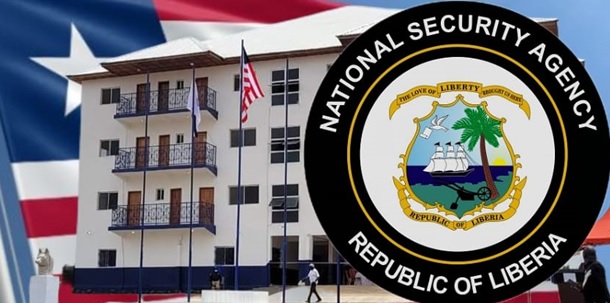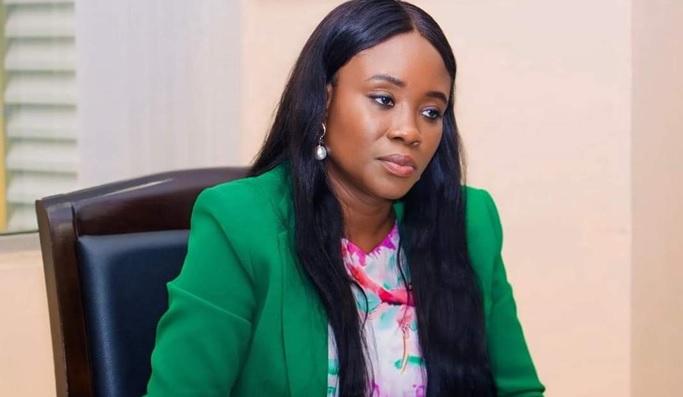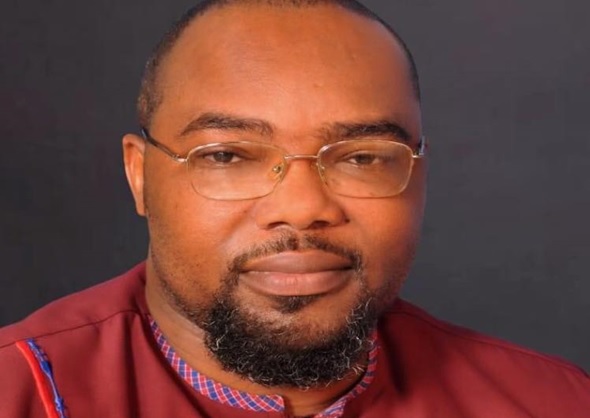MONROVIA – Renowned anti-corruption campaigner and advocate against bad governance, Martin Kollie, has raised serious concerns about the budgetary priorities of President Joseph Boakai’s administration. In a critical Facebook post titled “Boakai uses the same playbook of Ellen and Weah – NSA has more money than all Community Colleges across various Counties,” Kollie scrutinized the disproportionate allocation of funds to the National Security Agency (NSA) compared to Liberia’s community colleges.
Kollie revealed alarming discrepancies in the approved FY2025 national budget, pointing out that the NSA has been allocated $14.98 million, while the combined allocation for all community colleges across the country totals just $9.72 million. “This is not fair, Mr. President. This is not ‘RESCUE,’” Kollie remarked, referencing the Boakai administration’s campaign slogan.
Drawing on an analysis of budgetary outturns—actual expenditures—from 2010 to 2025, Kollie highlighted a longstanding pattern of excessive spending on the NSA across successive administrations. Under former President Ellen Johnson Sirleaf, the NSA received $61 million between 2010 and 2018, accounting for 36.5% of the total $167 million allocated to the agency over the past 16 years. The trend worsened under George Weah’s administration, which allocated $79.83 million to the NSA between 2018 and 2023, consuming 47.7% of the cumulative funding.
In just two years under President Boakai, the NSA has already received $26 million, amounting to 15.6% of the total funding since 2010. “Instead of reducing NSA’s budget, Boakai increased it by over $3 million in his second fiscal year,” Kollie noted.
Kollie contrasted the NSA’s budget with allocations for county-based community colleges, highlighting the stark inequity. Nimba Community College received $1.57 million, Lofa Community College $1.94 million, and Bong Technical College $1.51 million. Allocations for smaller colleges such as Bomi County Community College and Grand Gedeh Community College were even lower. The total budget for all community colleges was just $9.72 million, significantly less than the $14.98 million allocated to the NSA.
“This disparity is indefensible,” Kollie argued. “While our community colleges—critical to the education and development of our youth—are struggling with meager budgets, the NSA is awash with funds, in a country classified as having a very low security and terrorism threat.”
Kollie also criticized President Boakai for withdrawing a letter that had sought an audit of the NSA. He argued that claims suggesting intelligence agencies cannot be audited are false, citing the May 20, 1974, Executive Law, which mandates annual audits of the NSA by an auditor appointed by the President.
“Even intelligence agencies like the CIA and FBI in the United States are audited,” Kollie said. “The NSA has become a cash cow, channeling tens of millions of dollars into questionable activities and allowing rampant corruption.”
Kollie urged President Boakai to recommission an audit of the NSA and reduce its budget by at least 50%. He argued that the saved funds could be redirected to essential sectors, such as education, health care, and infrastructure. “Liberia is in ‘The No Impact Zone’ for global terrorism, according to the Global Terrorism Index. There is no justification for such exorbitant spending on the NSA,” he concluded.
Kollie’s critique is expected to reignite public debate among Liberians, with many, including anti-corruption campaigners, once again questioning the administration’s commitment to equitable governance and transparency. As the fiscal year progresses, all eyes will be on President Boakai to see if these concerns will prompt a re-evaluation of Liberia’s budgetary priorities.







